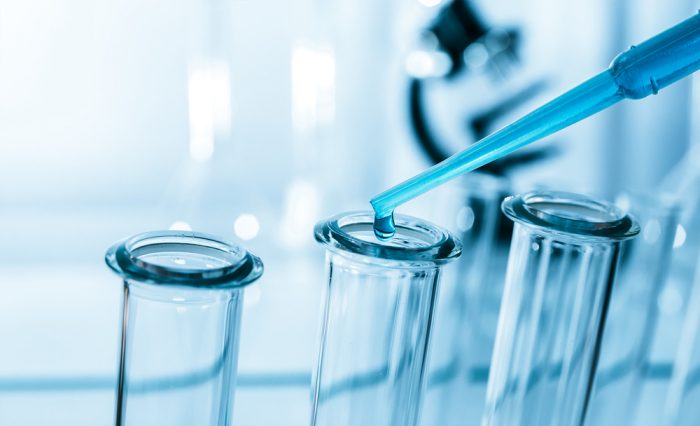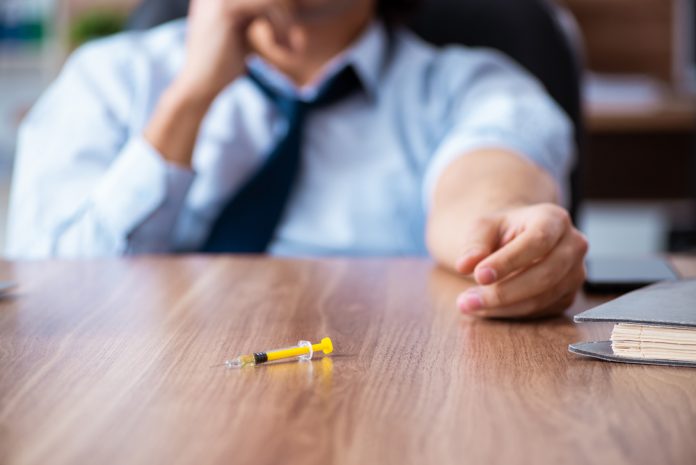Drug and alcohol abuse are personal concerns. People may be abusing the use of drugs and alcohol for a variety of reasons―genetic tendencies, development, and environmental influence. However, these aren’t excuses for employees to show up at work under the influence as it puts the safety and health of workplace members at risk. Employees under the influence of drugs and alcohol can’t achieve their full potential to be more productive, thus affecting the entire operation of the workplace.
To solve problems of alcohol and drug abuse in the workplace, various states and cities around the world implement workplace drug testing to ensure safety, efficiency, and productivity, as well as boost the discipline and morale in organizations. Typically, workplace drug tests are conducted during the pre-employment and employment period.
The two most common drug testing methods are urine and saliva drug testing. While these two are excellent candidates that generate reliable results, workplaces will benefit more using the latter. Saliva drug testing, apparently, is of better use not only because of the reliability of its results, but also because of its testing process, which you’ll see later.
What Is Saliva Drug Testing?
Saliva drug testing, or oral fluid testing, is a drug testing method that collects a sample of an individual’s oral fluid, or saliva, to be screened for possible drug and alcohol use. Specifically, the main application of saliva drug testing is to identify the existence of the following drugs:
- Cocaine and metabolites
- Amphetamines
- Heroin
- Morphine
- Methadone
- Tetrahydrocannabinol (THC) from cannabis use
Through saliva drug testing, here are possible benefits that workplaces can achieve from this specific type of drug screening method:
1. Faster Detection Time Than Urine Drug Testing
After drug consumption, the body still undergoes the process of metabolizing the drug before it shows up on the urine as the body’s by-product of metabolism. Therefore, an employee who might have recently used drugs, say half an hour ago, might obtain negative results as the body wasn’t able to process the substance yet.
On the other hand, saliva drug tests can immediately detect drug presence without requiring the body to process the substance for excretion. Faster detection time in saliva drug tests increases the efficiency of the procedure without compromising the results.
Here are some examples of the detection time of oral fluid testing:
- Alcohol: 6 to 12 hours
- Marijuana: 6 to 12 hours
- Methamphetamine: 1 to 3 days
- Ecstasy: 1 to 3 days
- Cocaine: 1 to 3 days

2. Quick, Straightforward, and Non-Invasive Process
Oral fluid testing can be accomplished in less than 10 minutes. Once the specimen goes into the specimen container together with the testing panels, the collector can easily obtain the result when the saliva has soaked adequately on the testing strips. The results are easily interpreted with the help of the instructions on the test kit.
As a non-invasive procedure, this means that the saliva donor won’t have to spit on a test tube and use the swab tool instead, which is a more comfortable and acceptable method of obtaining personal samples. Also, many people can be uncomfortable while collecting their urine in a urine screening setting as it demands medical supervision.
3. No Medical Supervision Required
Saliva drug test kits don’t require the presence of a medical professional during the preparation, collection, and interpretation process, and employers can accomplish it by themselves. This is because the testing equipment itself isn’t difficult to use by a person outside the medical field and is supplemented with comprehensive instructions. Also, the results are easy to interpret and don’t need complex analysis and processes in the lab.
In case workplaces that ordered these test kits are having difficulty in understanding the process, they can easily contact the seller for further assistance.
4. Less Possibility of Tampering or Adulteration
As the testing method is accomplished on the spot, there’s almost no likelihood of falsifying the results. When taking a urine drug test, it’s possible to tamper with the results, such as sample substitution, adulteration, and dilution. Blood tests, on another perspective, may have a higher risk of contamination and infection.
In a saliva drug test, the sample collection and interpretation are quickly performed, and employees positive for drug use can’t partake in any result falsification and tampering.
5. Demonstrates a Sanitary Procedure
Unquestionably, obtaining and handling oral fluid samples are more sanitary than urine samples. First, the collector won’t have to deal with the smell of the urine samples, as well as eliminate the possibility of being in contact with the samples.
During the procedure, the donor rubs the swabbing tool in his oral cavity, then hands the tool back to the collector. Then, the collector can easily keep the sample in a safe container with no contact with the sample as the swabbing tool is more convenient enough to hold than urine cups.
Final Thoughts
Workplace safety is an essential aspect of running an organization. To ensure that this is implemented appropriately, both employers and employees have to cooperate. There are various reasons why employees have to undergo a drug test. But, to sum it up, workplace drug testing promotes a safe and hazard-free environment for all employees, gives assistance to affected employees, and increases productivity, which will drive the business to success.
Find a Home-Based Business to Start-Up >>> Hundreds of Business Listings.

















































